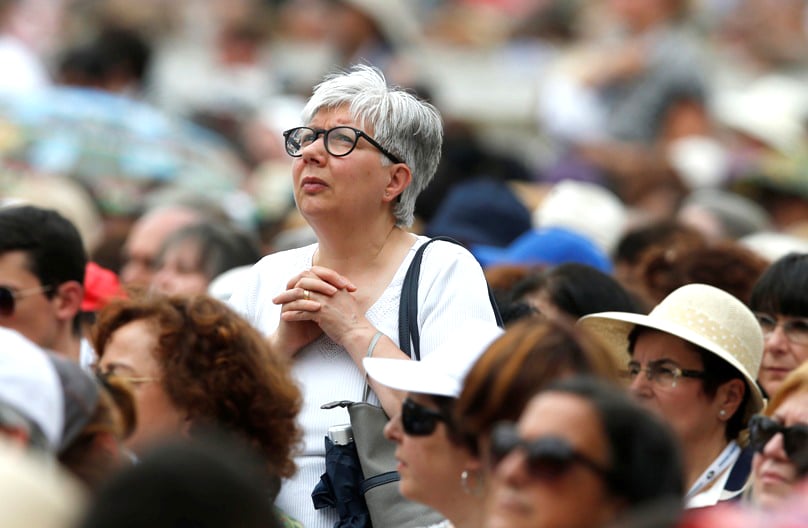
Taken from a longer article by (then-)Father Richard Umbers, entitled ‘Cardinal Pell, Church Secrecy and the Banality of Evil,’ published at ABC Religion and Ethics on 1 Mar 2016:
… It came as a surprise to me, then, when Commissioner Peter McClellan recommended to Cardinal Pell that the Church respond to its management failures by becoming even more corporate rather than more true to its foundational charism. McClellan’s justification for doing so was glib – that such a model is better suited to Australia in 2016. Loyal Catholics are incredibly supportive of the Royal Commission’s work to get to the truth of what has happened. The findings of the Commission will play a vital role in restoring confidence in the Catholic Church in Australia. But ecclesiological integrity and intelligibility are vitally important for the Church’s many university-educated believers. That, too, is the reality of Australia in 2016.
Now, although the Cardinal is being quizzed on what he did or did not know in Ballarat, I do think it would be most fitting if there was an opportunity to present before the Royal Commission a renewed commitment to openness and inclusion at the heart of the Church’s decision making: a “democratisation of power” as called for by Pope Francis in Laudato Si’. Without conceding to Congregationalism, one way to do this is to pledge a review of the Pontifical Secret and open up church officials’ decision making to wider public scrutiny.
The nature of the Church’s woes are, I think, laid out in Hannah Arendt’s Eichmann in Jerusalem: A Report on the Banality of Evil. Like Jackson, Arendt also made waves with her reporting in the New Yorker as she described, not monsters, but officials who saw themselves as cogs in a machine that wrought untold evil. The hypertrophy of instrumentalist reasoning had checked their ability to reflect and act ethically. When the bureaucratic mindset is coupled with secrecy, with an inability to be held accountable and questioned, the results can be catastrophic.
That is how Pell has described the situation with Ridsdale’s criminal mishandling by Mulkearns: a catastrophe for victims and a catastrophe for the Church, with untold suffering visited on children that could have otherwise been avoided. If there had been a culture of greater openness, that suffering would have been avoided.
The interests of officials working in a Chancery, even if it be the Holy See in Rome, should not be equated with “the salvation of souls which must always be the supreme law in the Church” (Canon 1752). Canon Law is meant to be a mirror of justice, but where asymmetric information rules there is too great an opportunity for mischief and cover up. In clergy sexual abuse cases, the call for permanent silence only compounds the hurt. Systemic and structural impediments to the trust that communication calls for are clericalist barriers to an ecclesiology of communio. As Russell Shaw, a former spokesman for the United States Bishops Conference, puts it:
“The Church is a communion, not a political democracy; therefore openness and accountability are even more important in the Church than they are in a democracy.”
Read the rest here.
